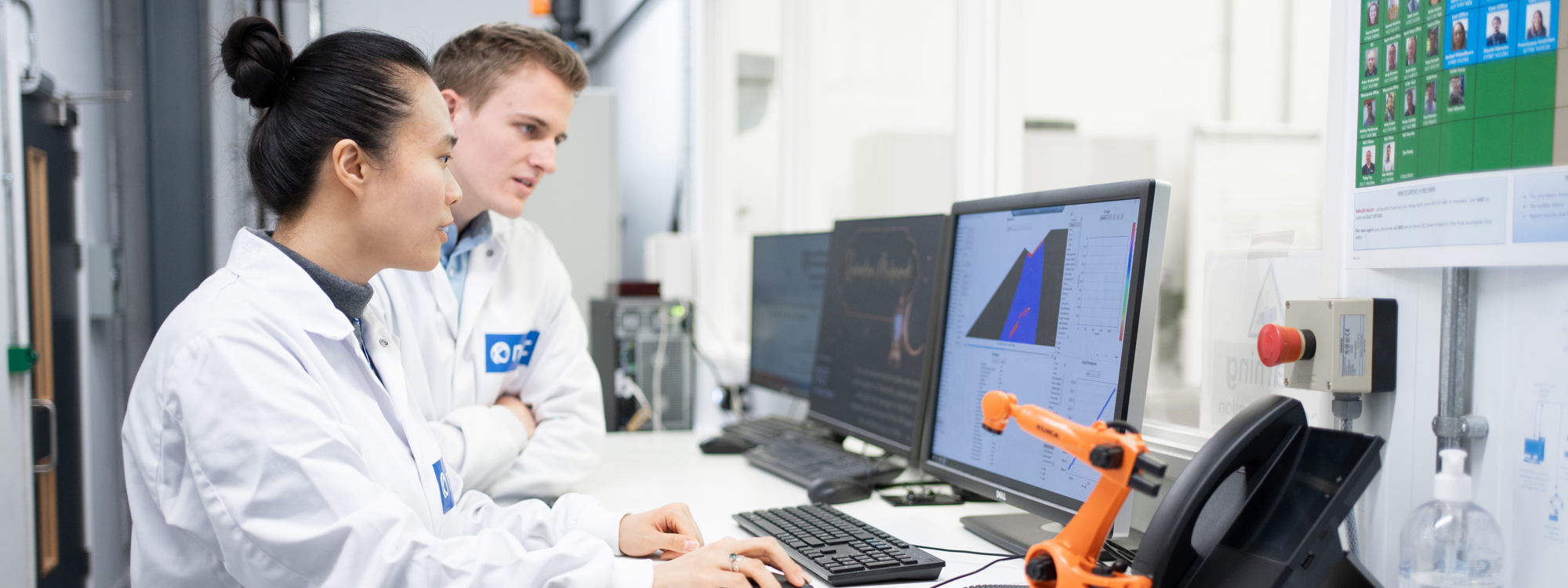
Technology Leadership
We focus on strategic technologies that build on or extend our existing capabilities and contribute to solving major industrial challenges – ensuring we deliver real-world impact at scale.
Our technology portfolio is grouped into 4 categories: materials, product, process, and growth initiatives. From these foundations we generate the ideas, tools, and methods which are essential to deliver innovation and industrial impact for our customers and partners.
Materials
NCC’s advanced materials capabilities are expanding to include specialist laboratories for sustainable materials assessment and ceramic materials development.
A new Carbon Fibre Development Facility will be fully operational in Spring 2026.
This facility will enable carbon fibre innovation and train future chemists and engineers.
Product
NCC engineers are at the forefront of developing lightweight, high-performance products through use of cutting edge digital and AI design tools, simulation methods, and deep expertise in systems engineering.
These digital-first capabilities have been instrumental in our rapid progress in the design,
test, and verification of hydrogen pressure vessels.
Process
As the national Centre of Excellence for composite technologies, NCC has the largest and deepest concentration of composites manufacturing technologies anywhere in the UK. Our open access facility and on-site expertise allows us to test and iterate the latest industrial techniques for industry.
As part of the Airbus ‘Wing of Tomorrow’ programme, NCC’s High-Rate Deposition Cell demonstrated the potential to transform wing production, reducing the number of individual components required and increasing the production rate.
Growth initiatives
Through technology foresighting, NCC continually seeks to identify and advance those transformational technologies which are set to have the greatest industrial impact for the UK.
NCC is host to the UK’s most powerful AI supercomputer – Isambard-AI. Awarded to the University of Bristol, this £225m government investment expands the opportunity for academia and industry to harness the power of AI in fields such as robotics, climate research and drug discovery.
